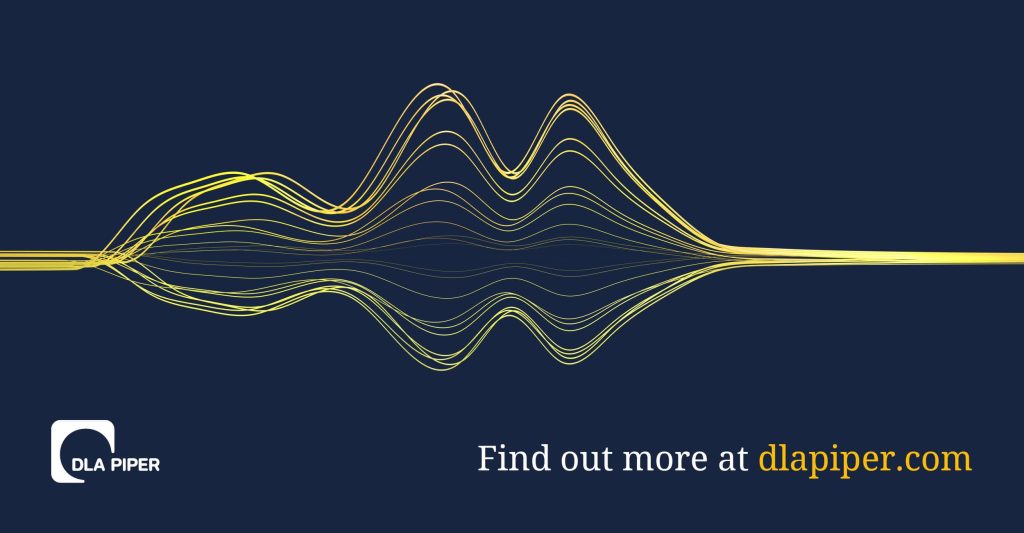
Landmark AI framework sets new standard for tackling algorithmic bias | DLA Piper
DLA Piper | IEEE | Read the full article
The Institute of Electrical and Electronics Engineers (IEEE) has introduced a new standard aimed at addressing bias in artificial intelligence (AI) systems. This framework, known as IEEE 7003-2024, provides guidelines for organizations to identify, measure, and reduce algorithmic bias, which can lead to unfair treatment of individuals based on characteristics like race or gender. The standard emphasizes the importance of transparency and accountability throughout the lifecycle of AI systems, from their initial design to their eventual decommissioning.
As AI technologies become more prevalent in critical areas such as healthcare, employment, and finance, the risks associated with unintended bias have grown. The IEEE 7003-2024 standard encourages organizations to take a proactive approach by creating a "bias profile" to document their considerations regarding bias. It also highlights the need for comprehensive risk assessments and the importance of ensuring that data used in AI systems accurately represents all groups, especially marginalized communities.
By following the guidelines set forth in this standard, organizations can work towards developing AI systems that are not only innovative but also fair and aligned with societal values. This proactive approach can help mitigate risks, foster accountability, and ultimately unlock the full potential of AI technologies for the benefit of all stakeholders.
![Health/Medicine: With the help of AI, the real biological age will be determined from 5 drops of blood | Getting a grip on ageing [Hindi] Health/Medicine: With the help of AI, the real biological age will be determined from 5 drops of blood | Getting a grip on ageing [Hindi]](https://peeperfrog.com/wp-content/uploads/2025/03/2025-03-16T194747Z8592850680file-150x150.jpeg)
![AI empowers China's agriculture future [English] No image available](https://peeperfrog.com/wp-content/uploads/2025/02/file-1itfhosvcid6koZXDw7Guh-150x150.webp)
